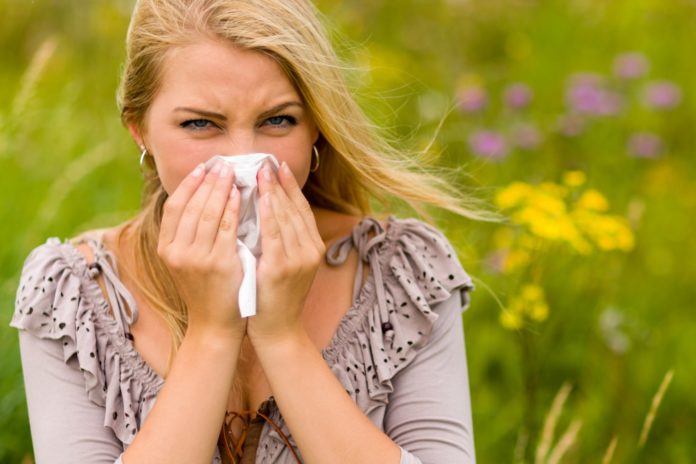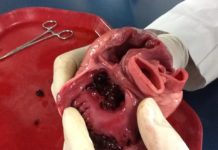
New research shows genetic factors decide to what extent asthma symptoms are aggravated because of pollution
That pollution aggravates asthma symptoms is well known. Now, new research suggests that its the genes that decide the extent of that aggravation.
Asthma patients, with a specific genetic profile, exhibit more intense symptoms following exposure to traffic pollution, according to researchers at the National Institutes of Health and collaborators.
The study appeared online in Scientific Reports.
The research team was made up of scientists from the National Institute of Environmental Health Sciences (NIEHS), part of NIH, and Rice University, Houston. They also found that asthma patients who lack this genetic profile do not have the same sensitivity to traffic pollution and do not experience worse asthma symptoms.
“Based on this research, we could propose that hyper-responders, who are exposed to traffic pollution, receive air purification intervention, such as HEPA filters, for their home”
The work brings scientists closer to being able to use precision medicine, that believes that different patients with the same disease require different treatments.
Co-lead author Shepherd Schurman, M.D., associate medical director of the NIEHS Clinical Research Unit, said the results are based on genetic variation. He added that to understand the concept, one should think of human genes, which are made up of DNA base pairs A, C, G, and T, as written instructions for making proteins.
“All humans have the same genes, in other words the same basic instructions, but in some people one DNA base pair has been changed,” Schurman said. “This common type of genetic variation is called a single nucleotide polymorphism or SNP, and it can alter the way proteins are made and make individuals more or less prone to illness.”
The researchers found that asthma sufferers who were hyper-responders and lived closer to heavily travelled roads had the worst asthma symptoms, such as difficulty breathing, chest pain, cough, and wheezing, compared to the other groups. In contrast, asthma patients who were hypo-responders and lived further away from busy roads had milder symptoms.
“Based on this research, we could propose that hyper-responders, who are exposed to traffic pollution, receive air purification intervention, such as HEPA filters, for their home,” lung disease expert Stavros Garantziotis, medical director of the NIEHS Clinical Research Unit, said.












